Codegen GPT - Code Generation & Debugging
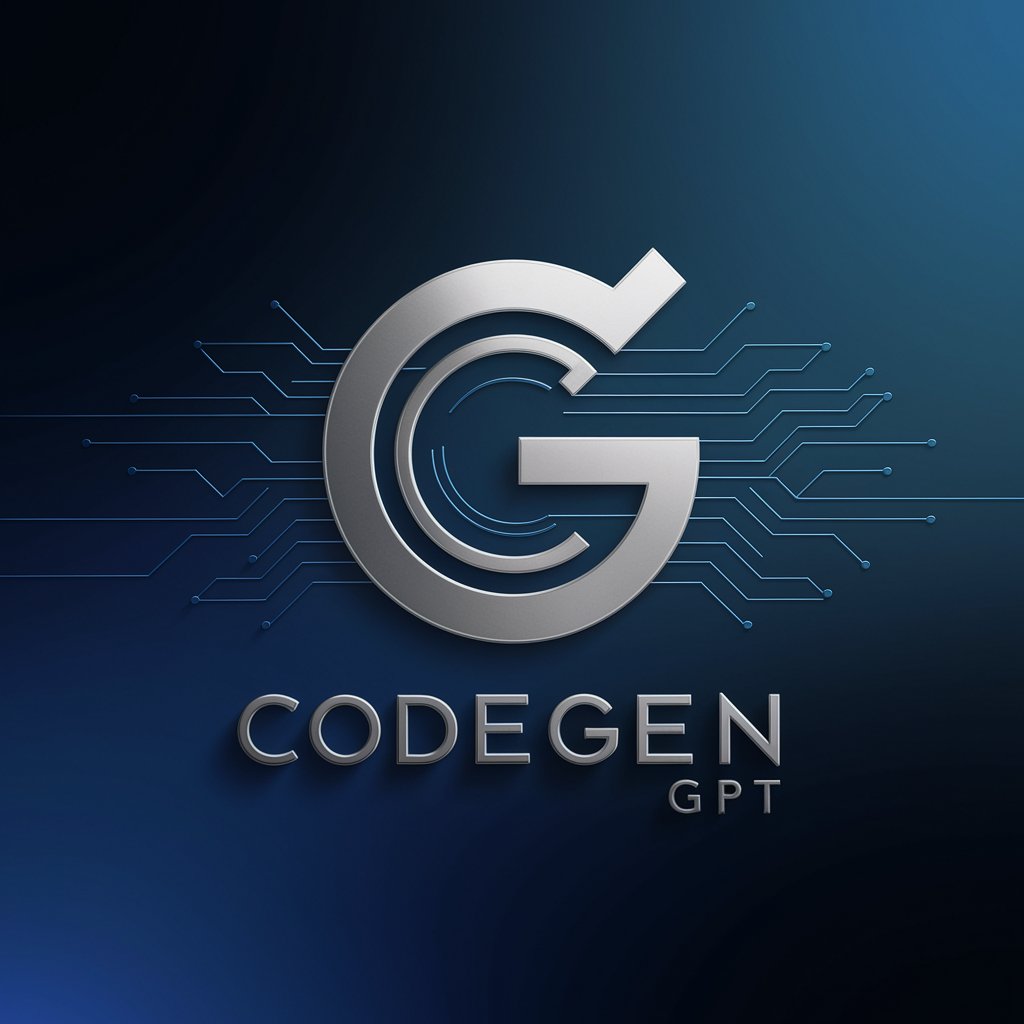
Welcome to Codegen GPT, your go-to for high-quality code generation.
Empowering development with AI-powered coding assistance.
Design a logo for an AI that...
Create a visual identity for a cutting-edge tool that...
Generate a brand logo that represents efficiency and precision in...
Produce a sleek and modern logo for a technology-focused AI known for...
Get Embed Code
Introduction to Codegen GPT
Codegen GPT is a highly specialized version of the GPT (Generative Pre-trained Transformer) technology, designed explicitly for generating, understanding, and optimizing code. Its core functionality revolves around assisting developers in creating more efficient, bug-free software through the generation of code snippets, debugging assistance, architecture design, and comprehensive test modules. Unlike standard models that primarily focus on natural language understanding and generation, Codegen GPT is fine-tuned to understand programming languages and software development concepts. It aims to streamline the development process by offering high-quality, high-quantity code outputs, fixing bugs with detailed diffs, architecting software systems with hierarchical outlines, and generating complete test-driven development (TDD) test modules and corresponding code to pass those tests. For example, given a bug report, Codegen GPT can provide a precise diff fixing the issue, or, when tasked with designing a new feature, it can outline the architecture and generate the initial codebase. Powered by ChatGPT-4o。

Main Functions of Codegen GPT
Bug Fixing with Diffs
Example
Given a Python script with a common list indexing error, Codegen GPT can generate a diff to correct the mistake, including adding necessary index checks or correcting off-by-one errors.
Scenario
A developer is debugging a piece of software and encounters an error. They input the problematic code into Codegen GPT, which returns a diff with the fix.
Architecture Design
Example
For a web application requiring scalable architecture, Codegen GPT can provide a hierarchical outline detailing services, databases, and interaction flows, optimized for scalability and maintainability.
Scenario
A software architect is planning a new system and uses Codegen GPT to generate an initial architecture design, speeding up the early stages of project planning.
Test-Driven Development (TDD) Modules
Example
When given the specifications for a new feature, Codegen GPT can generate a TDD test module in the desired programming language, covering all expected functionality, followed by the module implementation to pass these tests.
Scenario
A development team adopts TDD for a new project feature. They use Codegen GPT to create the necessary test cases and the initial implementation code, ensuring a robust development process.
Code Optimization
Example
Codegen GPT can analyze existing codebases for inefficiencies or potential improvements, providing suggestions or automatic refactoring to enhance performance or readability.
Scenario
A developer wants to optimize a slow-running script. They provide the script to Codegen GPT, which returns optimized code with improved performance.
Ideal Users of Codegen GPT Services
Software Developers and Engineers
Individuals involved in coding, debugging, or software design can leverage Codegen GPT to streamline their workflow, reduce bugs, and improve code quality. It is particularly beneficial for those looking to accelerate development cycles and enhance productivity.
Software Architects
Professionals responsible for the high-level design of software systems can use Codegen GPT to generate architecture outlines and receive suggestions for scalable, maintainable designs, aiding in the early stages of project planning.
Quality Assurance (QA) Engineers
QA engineers can utilize Codegen GPT to generate comprehensive test suites for new or existing features, ensuring thorough coverage and assisting in the identification of potential bugs before deployment.
Educators and Students in Computer Science
Educators can incorporate Codegen GPT into teaching materials to demonstrate coding principles, architecture design, and testing practices. Students can use it as a tool for learning, practicing coding skills, and understanding software design concepts.

How to Use Codegen GPT
Begin Your Journey
Visit yeschat.ai for a hassle-free trial, with no login or ChatGPT Plus subscription required.
Understand the Basics
Familiarize yourself with the tool's capabilities by exploring the help section, which offers insights into its functionalities and how it can aid in coding tasks.
Define Your Needs
Identify the specific coding task or problem you're facing. Codegen GPT excels in a variety of scenarios, from debugging to writing new code.
Interact with Precision
Use clear, specific questions or commands. The more detailed your input, the better Codegen GPT can tailor its output to meet your needs.
Iterate and Refine
Review the generated code or answers. You may need to refine your queries based on the output to get the most accurate and useful results.
Try other advanced and practical GPTs
Editorly
Elevate Your Writing with AI

ひとり会議室
Elevate brainstorming with AI-driven insights

Blog Content Outline Generator
Effortlessly Structure Your Ideas with AI

どしたん、話聞こか?
Your Empathetic AI Companion
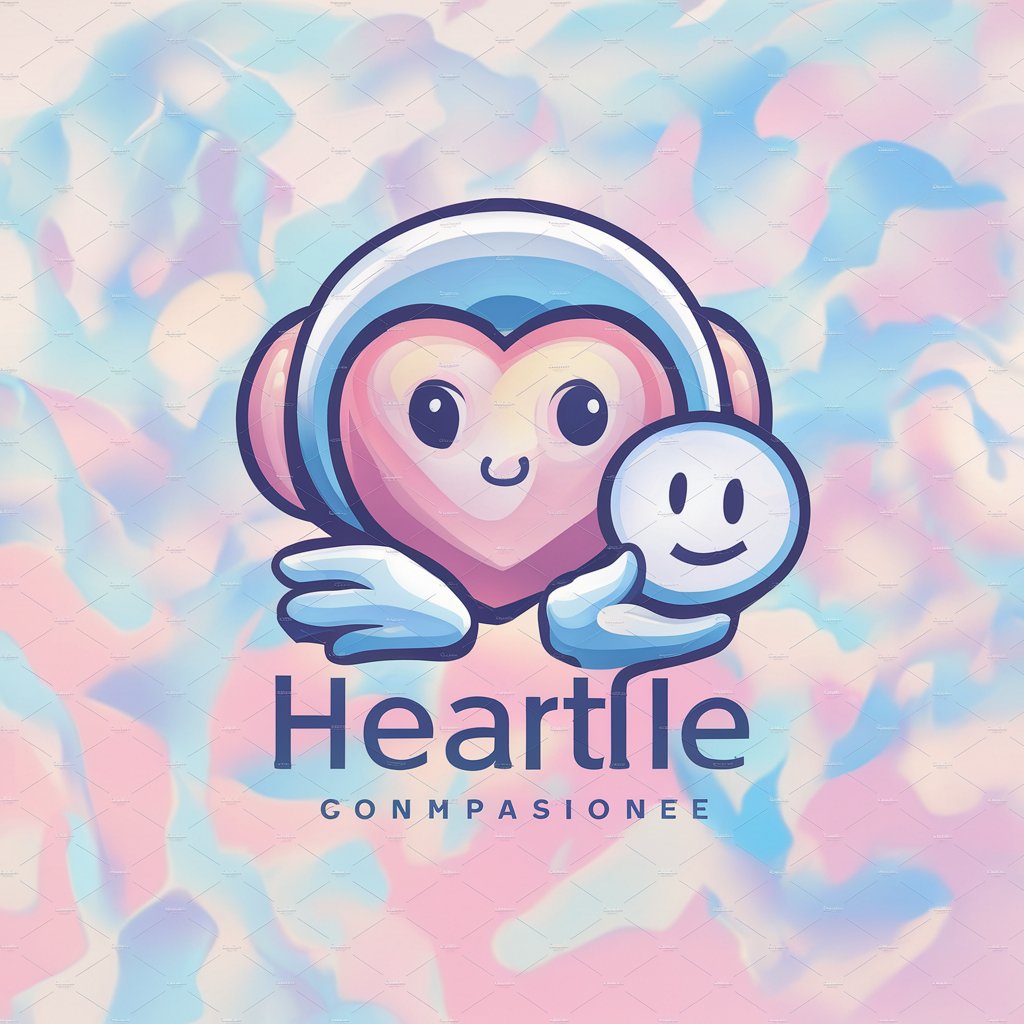
A&G: Amazing Girlfriends RPG - 神奇女友 - 素晴らしい彼女たち
Craft Your Story with AI Companions

Linux Python Pal
Empowering your code and command line journey with AI.
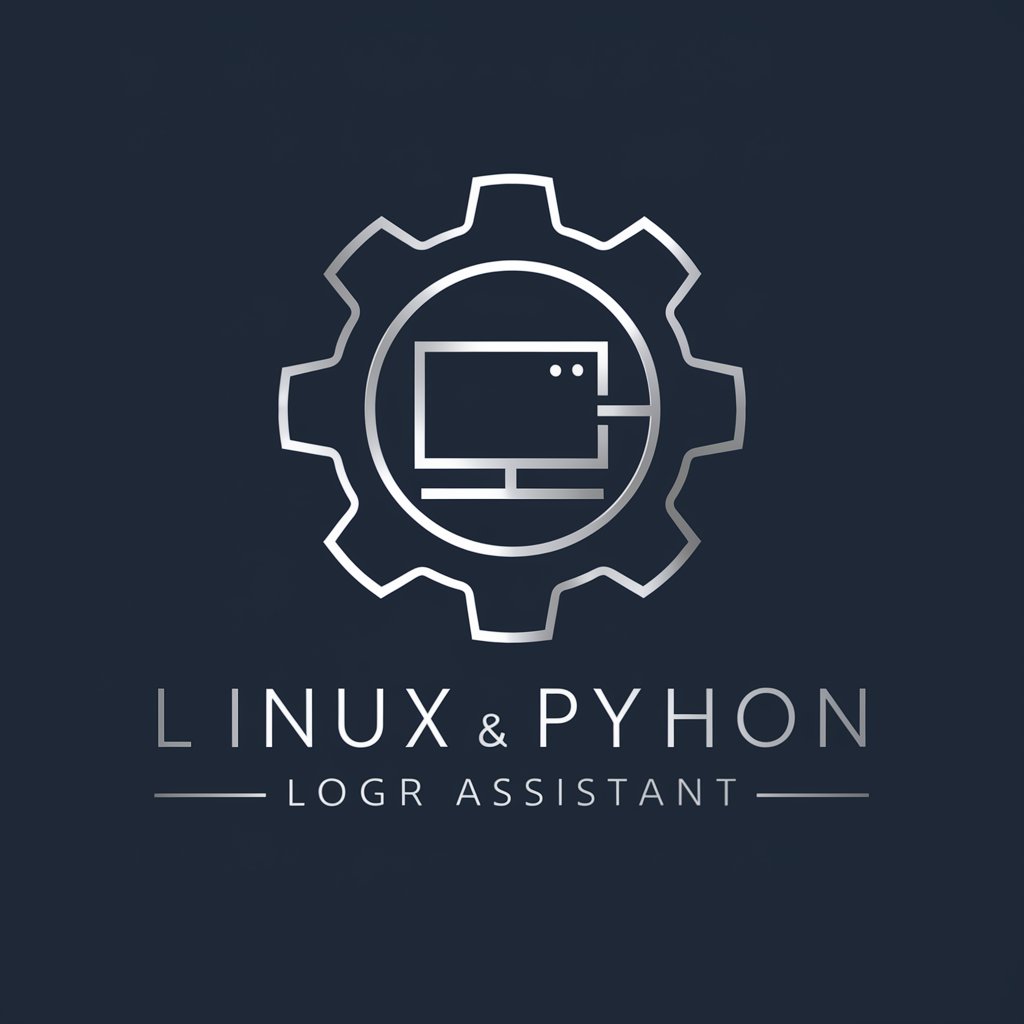
ClippyT-4
AI-powered Mayhem at Your Fingertips
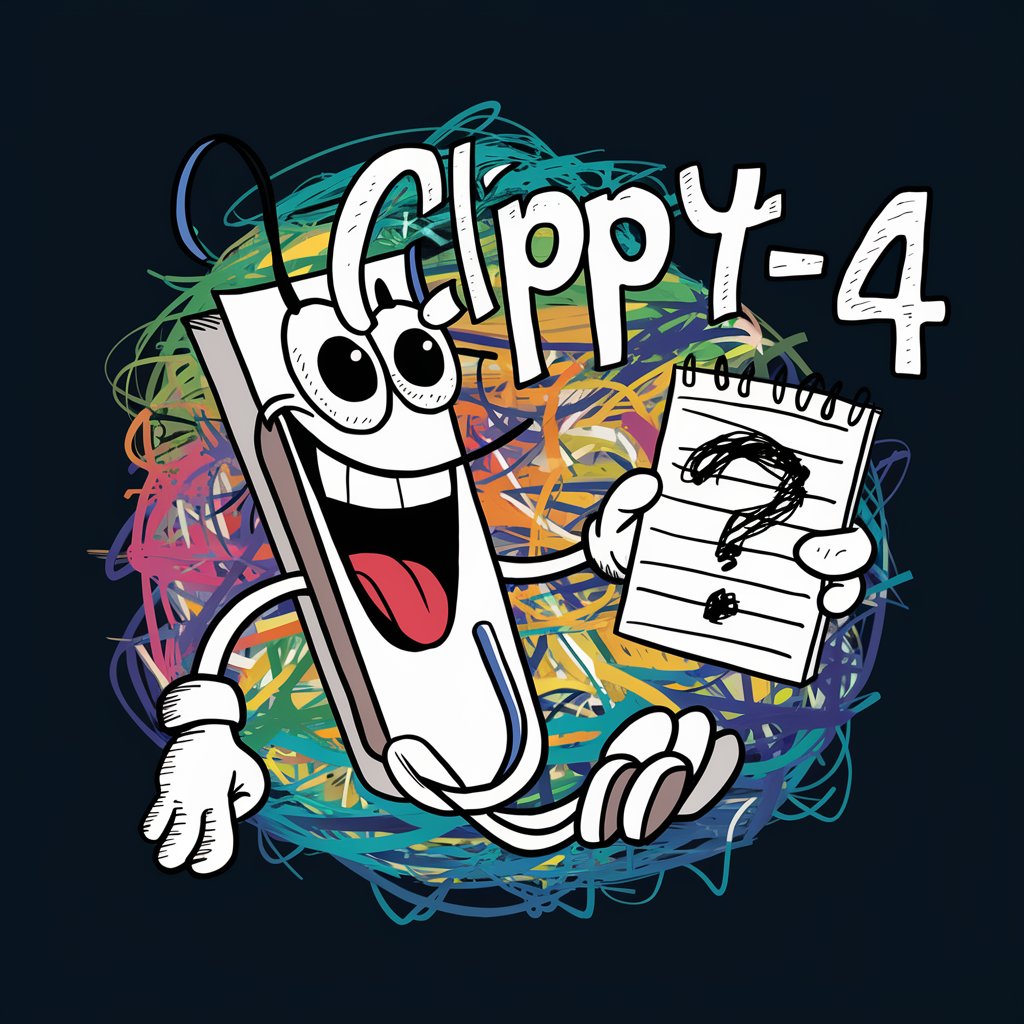
GPTI 診断
Discover Your True Self with AI
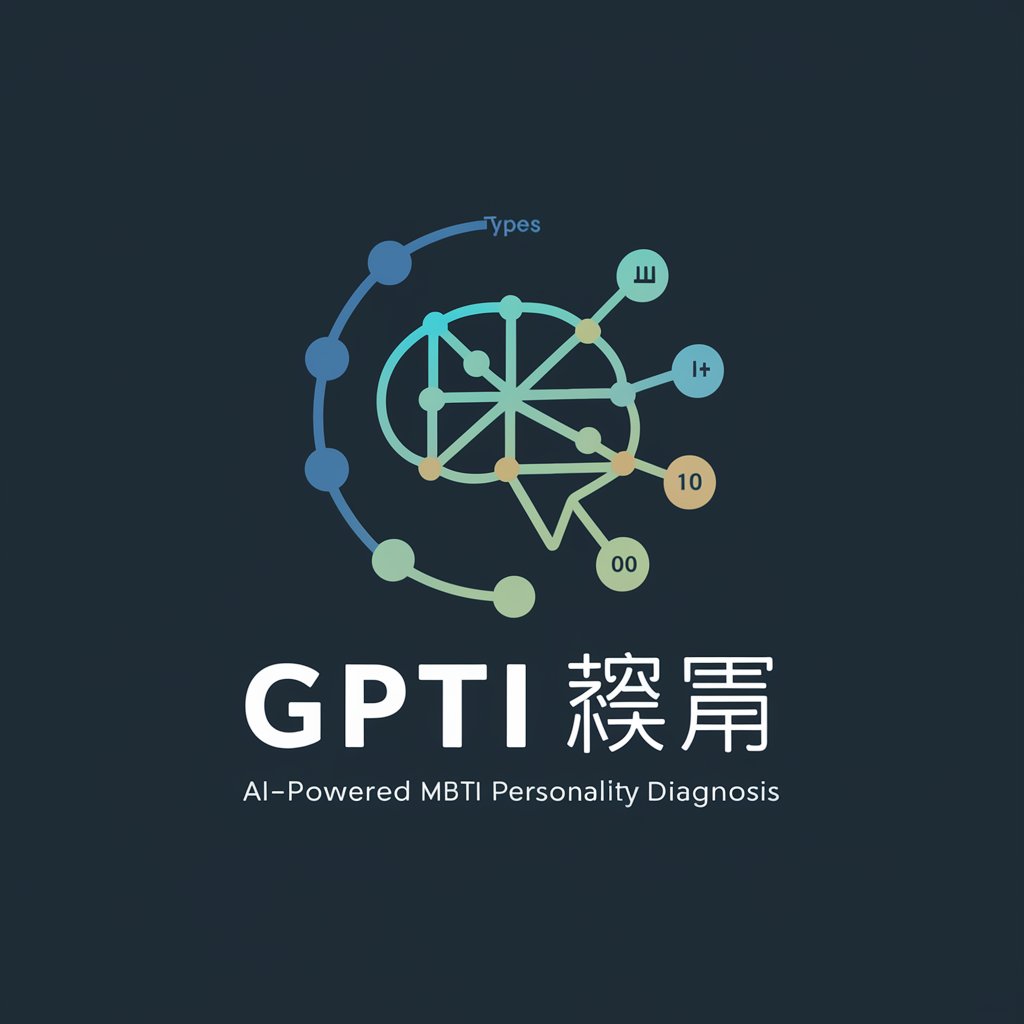
Photo Mentor
Empowering Your Photos with AI

Face Predictor
Imagining Faces with AI
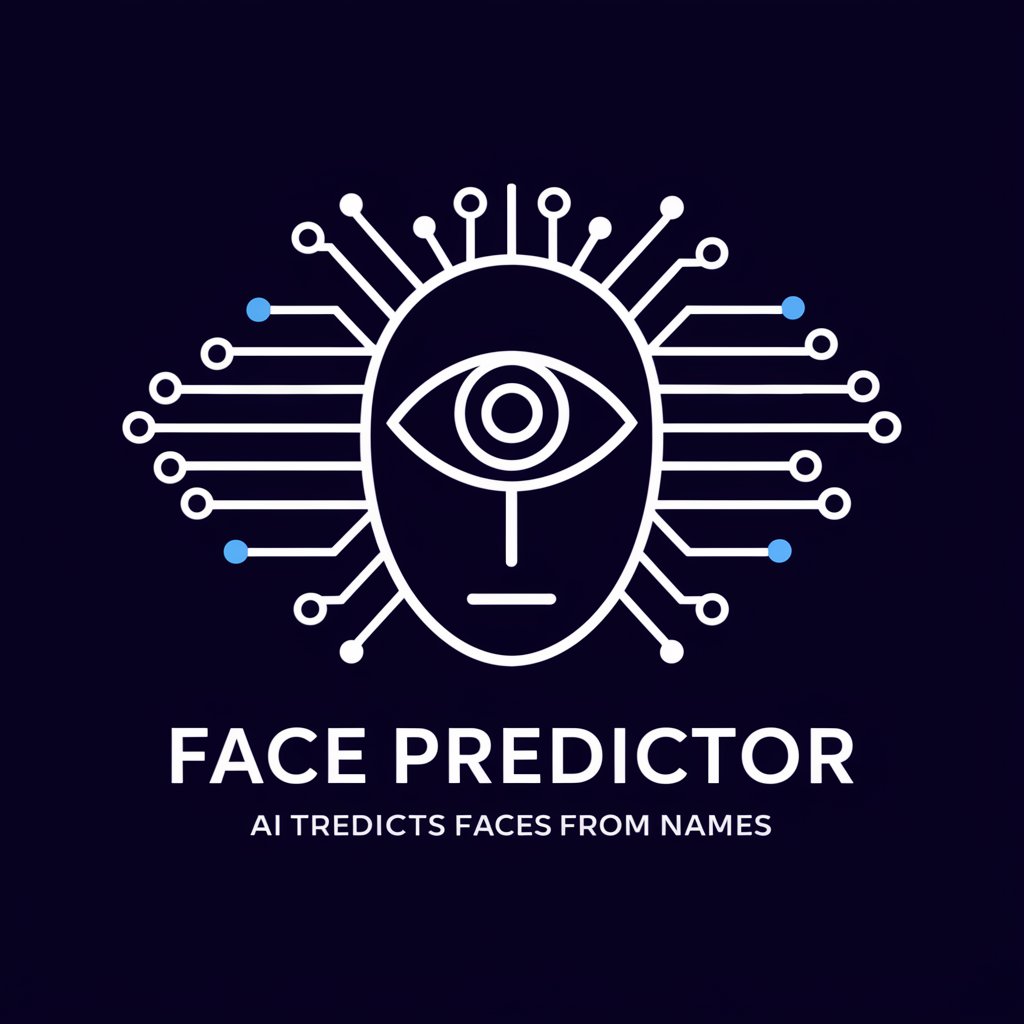
Phish or No Phish Trainer
Hone Your Cybersecurity Skills with AI

ポケモンチームビルドサポーター for SV
Strategize Your Victory with AI

Frequently Asked Questions about Codegen GPT
What is Codegen GPT?
Codegen GPT is a highly specialized AI tool designed to aid in coding tasks. It can generate code, debug, and provide solutions to programming-related queries with high efficiency.
How accurate is the code generated by Codegen GPT?
While Codegen GPT strives for high accuracy, the quality of the output can depend on the clarity and detail of the input. It's recommended to review and test the code before implementation.
Can Codegen GPT learn from my coding style or preferences?
Codegen GPT does not learn from individual interactions but is trained on a wide range of coding styles and best practices to provide versatile solutions.
Is Codegen GPT suitable for beginners?
Absolutely. Codegen GPT can be a valuable resource for beginners, offering code examples and explanations that can accelerate the learning process.
How can I optimize my queries to get the best results from Codegen GPT?
Provide detailed descriptions of your problem, including context, desired outcomes, and any specific requirements. Clear and concise queries tend to yield the most effective solutions.
